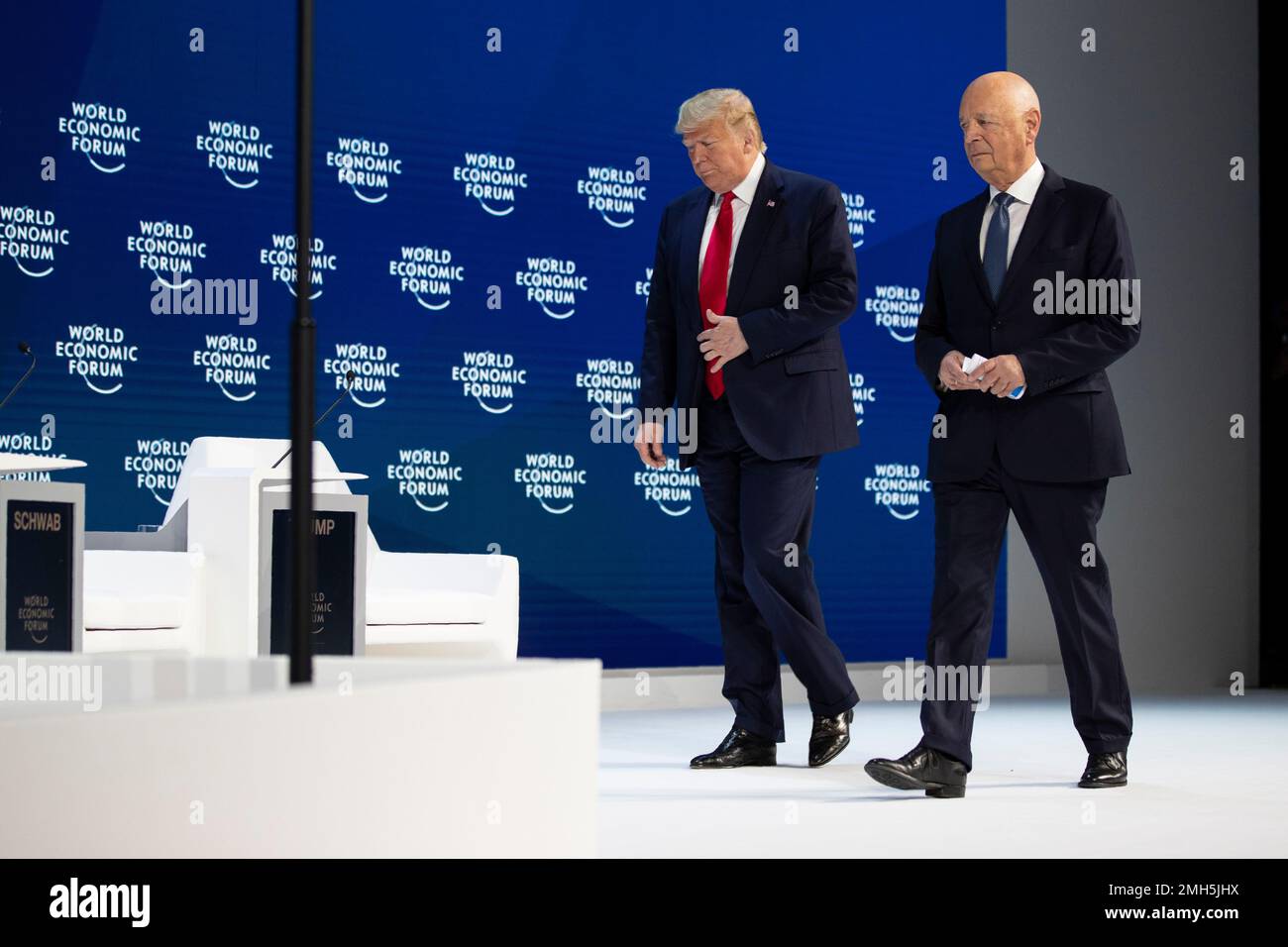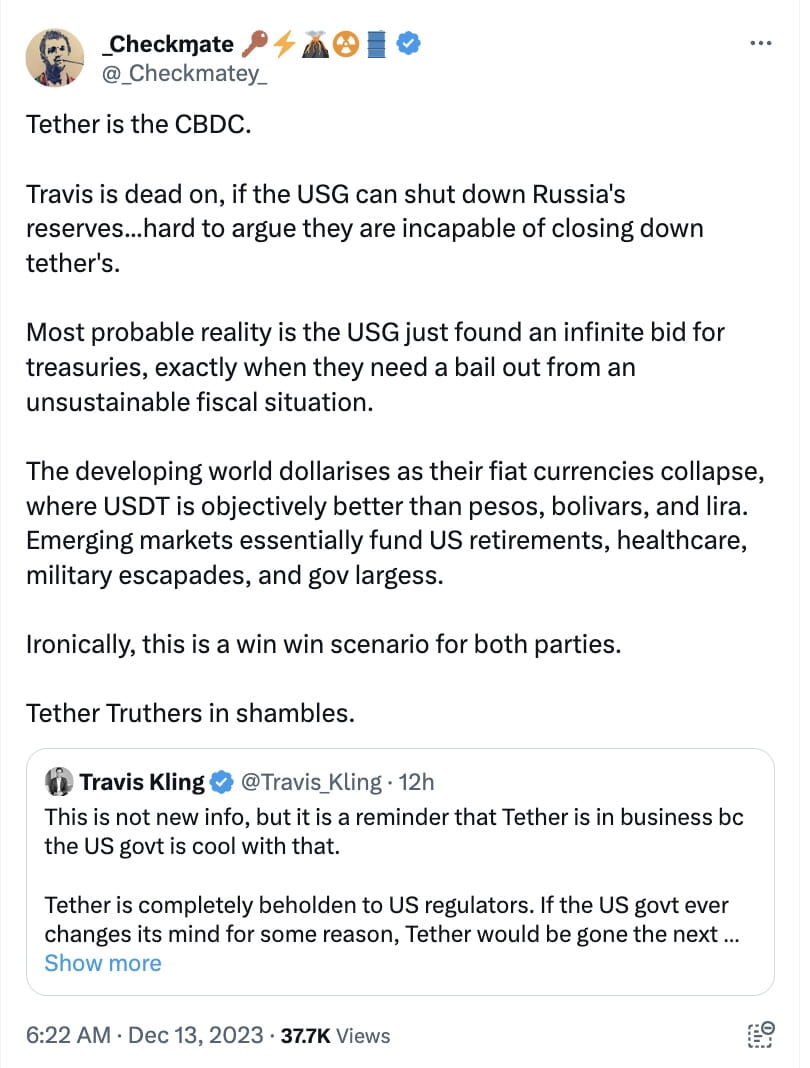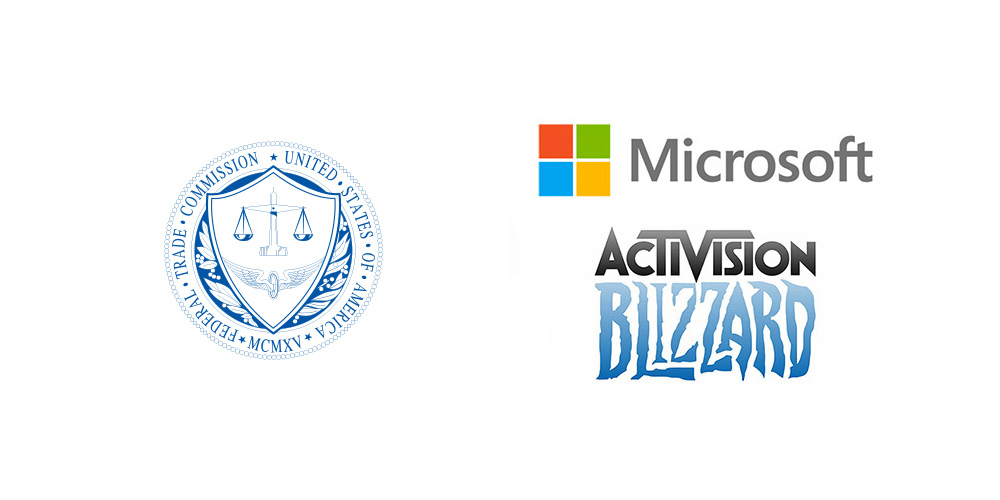World Economic Forum: New Probe Into Klaus Schwab's Leadership

Table of Contents
The Nature of the Investigation
The investigation into Klaus Schwab's leadership at the World Economic Forum stems from a confluence of factors, including escalating concerns about the WEF's influence, allegations of conflicts of interest, and a growing demand for greater transparency and accountability. While the exact trigger remains somewhat opaque, multiple sources point to a culmination of long-standing criticisms finally reaching a critical mass.
-
What triggered the probe? Numerous accusations have fueled the investigation, ranging from concerns about the WEF's perceived elitism and lack of democratic representation to specific allegations of conflicts of interest involving Schwab and his close associates. The opaque nature of some WEF funding sources has also contributed to the scrutiny.
-
Who is conducting the investigation? The precise nature of the investigating body remains unclear, with some sources suggesting an internal review within the WEF, while others indicate the involvement of an independent third-party organization. The lack of transparency surrounding this aspect further fuels public skepticism.
-
What is the scope of the investigation? The scope appears broad, potentially encompassing not only specific instances of alleged misconduct but also a broader review of Schwab's leadership style and the WEF's organizational practices. This includes scrutinizing decision-making processes, financial transparency, and the WEF's interactions with governments and corporations.
-
Specific accusations:
- Allegations of preferential treatment for certain corporations and individuals in WEF events and initiatives.
- Concerns about the lack of diversity and representation within the WEF's leadership and stakeholder groups.
- Questions regarding the use of WEF funds and the allocation of resources.
Key Criticisms of Klaus Schwab's Leadership
Criticisms against Klaus Schwab's leadership extend beyond the specific allegations currently under investigation. They encompass broader concerns about the WEF's influence, potential conflicts of interest, and a perceived lack of transparency and accountability.
Concerns about the WEF's influence and agenda
The WEF's significant influence on global political and economic agendas is a major source of contention. Critics argue that:
- The WEF promotes a specific neoliberal economic ideology, disproportionately benefiting powerful corporations and elites.
- Its closed-door meetings and lack of transparency create an environment conducive to backroom deals and undemocratic decision-making.
- The organization's close ties with powerful governments and multinational corporations raise concerns about undue influence and a lack of impartiality.
Conversely, supporters highlight the WEF's role in fostering international collaboration and addressing global challenges like climate change and sustainable development. They argue that the forum provides a unique platform for dialogue and the exchange of ideas amongst world leaders and experts.
Allegations of Conflicts of Interest
Multiple instances of potential conflicts of interest have been raised, particularly concerning Schwab's personal business ventures and those of his family and associates. These concerns involve potential overlaps between the WEF's activities and the interests of these affiliated entities. The investigation is likely to scrutinize these allegations meticulously. The lack of clear separation between Schwab's personal endeavors and the WEF's operations is a central concern.
Concerns about Transparency and Accountability
The WEF's governance structure and its transparency mechanisms have come under significant scrutiny. Critics argue that the organization lacks sufficient accountability mechanisms to effectively address public concerns. The lack of readily available, detailed financial information and the limited public access to meeting minutes further exacerbate this issue. Improving transparency and establishing robust accountability processes are crucial for restoring public trust.
Potential Implications of the Probe
The outcomes of this probe will have profound implications, not only for the WEF and Klaus Schwab but also for the broader landscape of global governance and multilateralism.
Impact on the WEF's reputation and influence
A negative outcome could severely damage the WEF's reputation and its ability to attract participation from world leaders and corporations. It could lead to reduced funding, diminished influence, and a decline in the organization's prestige. Future partnerships and collaborations might be jeopardized, impacting the organization's ability to convene influential global summits and shape international policy.
Consequences for Klaus Schwab's position
The probe's findings could lead to several scenarios: resignation, removal from his position, or exoneration. Regardless of the outcome, the investigation will undoubtedly leave a lasting mark on Schwab's legacy and future career prospects. His continued leadership will depend heavily on the findings and the public's reaction.
Broader implications for global governance and multilateralism
The probe’s repercussions extend beyond the WEF. It raises broader questions about transparency, accountability, and the influence of powerful organizations in shaping global policy. It could trigger renewed calls for greater transparency in international institutions and a reevaluation of the role of private-sector actors in global governance.
Conclusion: The Future of the World Economic Forum and Klaus Schwab's Legacy
The investigation into Klaus Schwab's leadership at the World Economic Forum is a pivotal moment. Its outcome will significantly shape the future of the WEF and potentially reshape the landscape of global governance. While the WEF plays a considerable role in addressing global challenges, addressing the criticisms and fostering greater transparency are crucial for maintaining public trust and ensuring the organization's long-term viability. Stay informed about the ongoing developments regarding the World Economic Forum and the probe into Klaus Schwab's leadership by subscribing to our newsletter, following us on social media, or regularly checking our website for updates. We will continue to provide comprehensive coverage of this important story as it unfolds. Understanding the implications of this "World Economic Forum: New Probe into Klaus Schwab's Leadership" is critical for anyone interested in global affairs.

Featured Posts
-
 The Unexpected Business Strategy How One Airline Leverages Deportation Flights
Apr 24, 2025
The Unexpected Business Strategy How One Airline Leverages Deportation Flights
Apr 24, 2025 -
 Cantor Fitzgerald In Talks For 3 Billion Crypto Spac With Tether And Soft Bank
Apr 24, 2025
Cantor Fitzgerald In Talks For 3 Billion Crypto Spac With Tether And Soft Bank
Apr 24, 2025 -
 The Bold And The Beautiful February 20th Spoilers Steffy Comforts Liam Poppy Warns Finn
Apr 24, 2025
The Bold And The Beautiful February 20th Spoilers Steffy Comforts Liam Poppy Warns Finn
Apr 24, 2025 -
 World Economic Forum New Probe Into Klaus Schwabs Leadership
Apr 24, 2025
World Economic Forum New Probe Into Klaus Schwabs Leadership
Apr 24, 2025 -
 Ftc Challenges Microsofts Activision Blizzard Buyout
Apr 24, 2025
Ftc Challenges Microsofts Activision Blizzard Buyout
Apr 24, 2025
